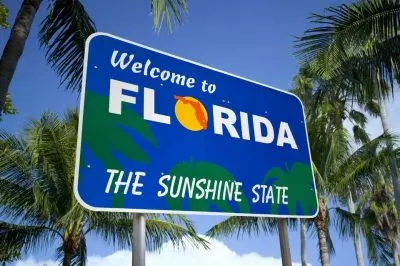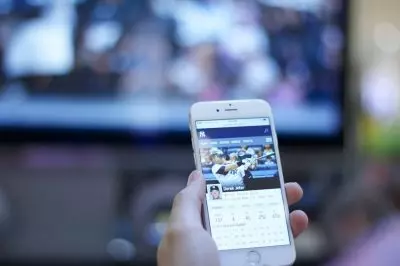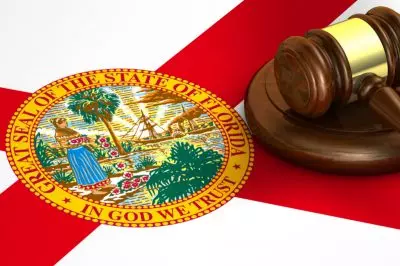 A Nova Southeastern University gambling law expert warns the Sunny State is unlikely to see legal sports betting in the near future. According to law professor Robert Jarvis, the bill proposed by Florida’s Senator Jeffrey Brandes would not find much success in Tallahassee because it does not take into account the influence of the Seminole tribe.
A Nova Southeastern University gambling law expert warns the Sunny State is unlikely to see legal sports betting in the near future. According to law professor Robert Jarvis, the bill proposed by Florida’s Senator Jeffrey Brandes would not find much success in Tallahassee because it does not take into account the influence of the Seminole tribe.
The Seminoles operate six landbased gambling venues on the territory of the Sunny State and would insist on controlling the sports betting sector as well, Mr. Jarvis said. Additionally, the potential legalization of sports wagering would cause various lawsuits that would require time to settle.
Some of these lawsuits would tackle issues like whether or not the leagues should receive a cut from the proceeds as well as whether the Sunny State’s legislature has the right to allow for betting without the locals’ vote.
If Approved, the Bill Would Allow Wagering through Self-Service Kiosks
 If the legislature proposed by Senator Brandes passes, it would enable the state Lottery to legally provide wagering on sports events through self-service kiosks. The bill would also allow the Lottery to grant licenses that would enable businesses to accept wagers online and via mobile applications. Licensed operators would contribute part of their sport betting proceeds to education and scholarships.
If the legislature proposed by Senator Brandes passes, it would enable the state Lottery to legally provide wagering on sports events through self-service kiosks. The bill would also allow the Lottery to grant licenses that would enable businesses to accept wagers online and via mobile applications. Licensed operators would contribute part of their sport betting proceeds to education and scholarships.
In game-wagering on both professional and collegiate events would become possible for Florida residents who are of legal gambling age. High-school sports are omitted from the bill. According to Senator Brandes, legal and taxed sports wagering would bring much-needed revenue to the coffers of the Sunny State.
It would also prevent local punters from pouring money into unauthorized offshore sites. The Senator cited various economist studies, which suggest that bettors from the country collectively spend $150 billion on illegal sports wagering.
Not everyone is as enthusiastic about legal sports betting as Senator Brandes is, however. Mr. John Sowinski, who heads the anti-betting movement No Casinos Florida, compares the prospect of legal wagering with a nightmare. It would turn stadiums into “open-air” gambling venues, Mr. Sowinski said.
Anti-Gambling Campaigners Call for Residents’ Vote under Amendment 3
 He also doubts the Sunny State’s legislature has the authority to legalize sports betting in the first place. Mr. Sowinski calls for a state-wide constitutional initiative that would enable locals to vote for or against legal betting.
He also doubts the Sunny State’s legislature has the authority to legalize sports betting in the first place. Mr. Sowinski calls for a state-wide constitutional initiative that would enable locals to vote for or against legal betting.
Under Amendment 3, further gambling expansion in the state would be possible only if Florida residents give their approval in the ballot box. This could put an end to Senator Brandes’ efforts to introduce legal wagering to the state. Additionally, the piece of legislation he proposed does not have a companion bill in the House.
Then there is the issue of the Seminole tribe. Until recently, the Seminoles had the exclusive rights of offering casino-banked card games like blackjack. The tribe argues that the state did not succeed in enforcing this exclusivity and began to withhold its $350 million yearly payments earlier in 2019. The Seminoles have also shown interest in sports wagering while the negotiations of a new agreement with the state are underway.
Despite the difficult situation, Mr. Jarvis, who teaches gambling law at the Nova Southeastern University is confident the state would see legal sports betting, just not as soon as Senator Brandes hopes. Its authorization would be beneficial to everyone. The public will have access to legal wagering while the leagues and the state government would collect new revenue, Mr. Jarvis said.